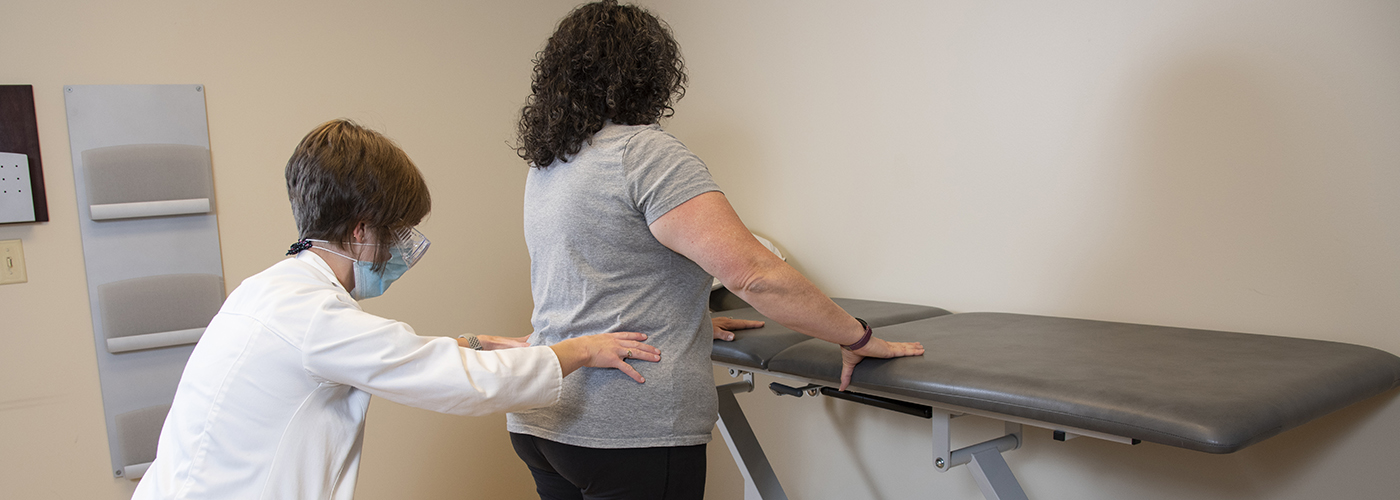
Many individuals experience episodes of vestibular disorders at some point in their lives. The vestibular system is an organ in the inner ear made of bone and membrane structures. Though located in the ear, the vestibular system is involved in balance,
not hearing. Problems can occur with head injuries, illness or slowly with other changes related to aging. If the vestibular system is damaged, it disrupts the normal relationship of head and eye movements. It can affect your perception of center,
standing upright and changes in body position to maintain your balance. Most individuals recover from a vestibular disorder quickly because the vestibular system is very adaptable.
While working with our team, your vestibular symptoms will be evaluated and treated by a physical therapist who has received additional training in vestibular dysfunctions and their rehabilitation.
The goal of vestibular rehabilitation is to decrease your dizziness and restore your balance, strength and postural control, along with promoting an independent lifestyle.
If you are having vestibular problems, you may experience:
GET RESULTS
Beaumont is most preferred for Physical Therapy services in the tri-county and 9-county area compared to other local health systems.